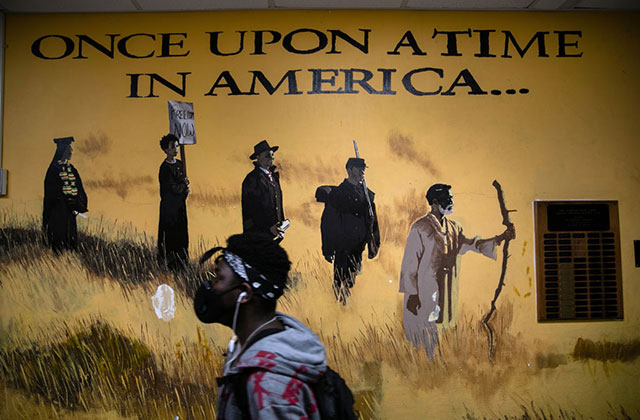The state of Connecticut will offer an elective course on “African American, Black, Latino and Puerto Rican studies” to all of its high school students beginning January 2021. On Dec. 2, the Connecticut State Board of Education (CSDE) announced its decision after unanimously approving the change. For now, teens have a choice in taking the course. Beginning in July 2022, the board will mandate the course in all of its high schools.
The school board’s new curriculum will be a one-credit, yearlong course that will examine the contributions made by Black, Puerto Rican and Latinx people to U.S. history, society, economy and culture. With a focus on creating civic-minded students, the school board wrote in the statement it hopes that the course gives students the “tools to identify historic and contemporary tensions around race and difference; map economic and racial disparities over time; strengthen their own identity development; and address bias in their communities.” Eventually, the board hopes to expand the course elective to one that’s mandatory beyond high school to reach grades K-8.
“This is the beginning,” Ingrid Canady, executive director of the State Education Resource Center (SERC), which is administering the class with the school board, told the board on Wednesday, CT Mirror reported. “Legislators, they are very clear that the goal is for this to happen across every single grade level.”
This recent board approval comes more than a year after the state’s Democratic governor Ned Lamont signed the June 2019 Public Act No. 19-12 that states that a description for the course must be submitted to the state’s General Assembly by January 15, 2021, for approval.
Given the year of social and racial unrest in this country, education professionals argue that inclusive courses like this one are needed for everyone, even if they don’t self-identify as Black or Latinx.
“I think there’s [an] equal benefit to students who are not Black and Latino to take this course,” Connecticut education commissioner Miguel Cardona told CT Mirror. “We hear about windows and doors, that curriculum serves as a window into other cultures. This is a window into another culture for many students.”
Currently, there is no national curriculum for teaching Black history in America, and "only a small number of states including Arkansas, Florida, Illinois, Mississippi, and New York, have laws requiring that it be taught in public schools," according to a July report from Connecticut By The Numbers.
